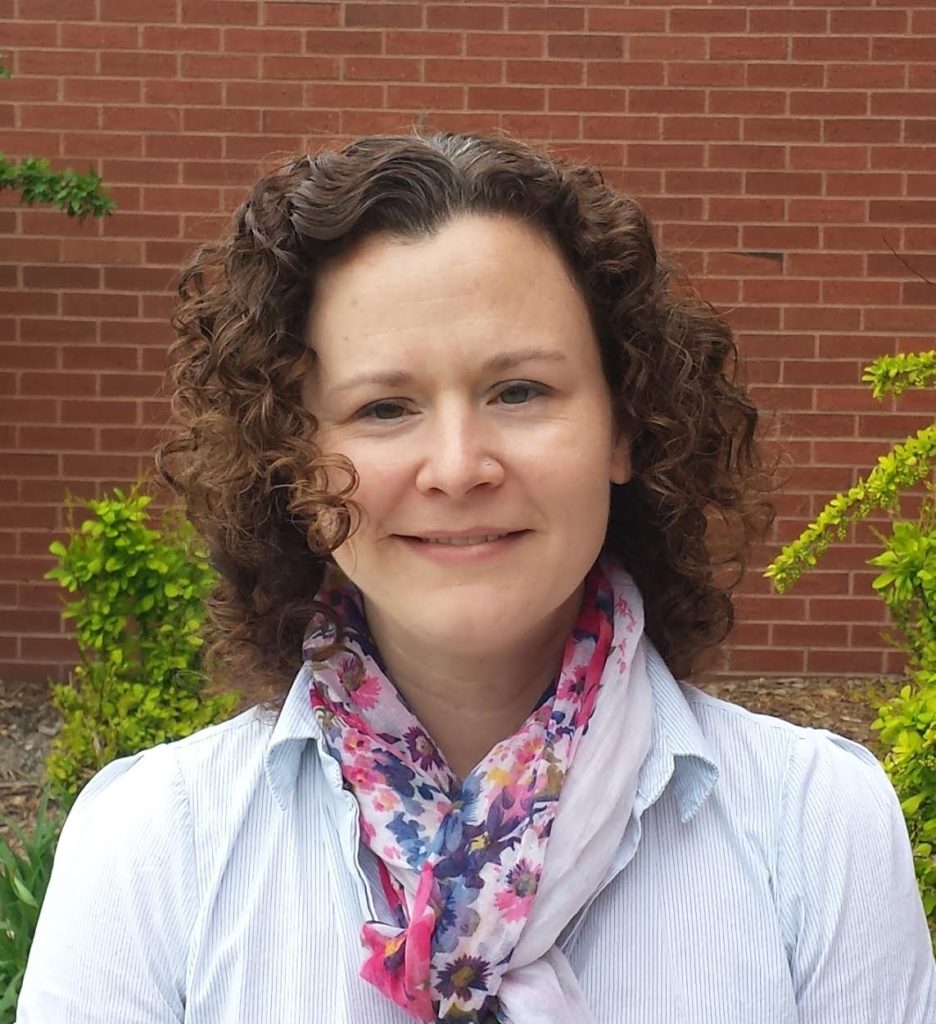Podcast: Play in new window | Download
Subscribe: Apple Podcasts | RSS
Dr. Teresa Bergholz is an Assistant Professor in the Department of Veterinary and Microbiological Sciences at North Dakota State University. She completed undergraduate training in Food Science and Microbiology at Michigan State University and also received her PhD in Food Science from Michigan State University. Afterwards, Teresa conducted postdoctoral research in the Department of Food Science at Cornell University before joining the faculty at NDSU where she is today. Teresa is with us today to tell us all about her journey through life and science.
People Behind the Science Podcast Show Notes
Life Outside of Science (2:05)
Outside of her work in the lab, Teresa enjoys biking, camping, and spending time with her two young daughters. She has also developed an affinity for knitting cozy socks to get her through the cold North Dakota winters.
The Scientific Side (3:03)
Teresa’s research focuses on bacteria that can make you sick if they are in present your food, including E. coli, Listeria, and Salmonella. She is interested in understanding how pathogens adapt and survive in your food. With knowledge of these adaptation mechanisms, Teresa’s research will design methods to reduce or eliminate pathogens in our food.
A Dose of Motivation (4:36)
Teresa is motivated by the joy and excitement of discovery in science.
What Got You Hooked on Science? (7:29)
When she was in third grade, Teresa’s teacher had a microscope that could project images of what was being viewed onto the classroom floor. Her class used this to look at drops of pond water, and she remembers being amazed watching the microbes swim around. This began her love of microbiology. Her interest in food science was sparked in college after hearing a lecture on foodborne illness outbreaks.
The Low Points: Failures and Challenges (13:45)
Both Teresa and her husband are microbiologists, and it was initially a struggle to find a place where they could both work and have the kind of jobs they wanted. It took them several years and many interviews during their postdoctoral positions to get their next career move lined up. One of the important lessons she learned during this was to keep an open mind and look everywhere for opportunities.
A Shining Success! (16:13)
Recently, Theresa and her students have had some exciting successes in the lab. Her students have been working on projects involving genetic manipulations in bacteria. After some initial frustrations, they have been able to get things to work really well. It has been wonderful for her to see these successes build her students’ confidence and to know that the skills they are developing will help them in their future research.
Book Recommendations (19:16)
The Night Circus by Erin Morganstern
Most Treasured Travel (20:12)
Before Teresa started graduate school, she hadn’t really traveled outside of the state of Michigan where she grew up. One of her favorite trips was to attend a conference in Melbourne, Australia during graduate school. It was exciting to share her science, meet people from all over the world, and also get to explore a different part of the world. Teresa and her advisor were able to travel on the Great Ocean Road on the southern coast of Australia, visit beautiful vineyards, and see amazing wildlife.
Quirky Traditions and Funny Memories (21:34)
Teresa was a postdoc in a relatively large lab at Cornell. They had a fun tradition around the holidays of having a party with a “cutthroat Santa” game. For the game, each person brought an inexpensive gift, and they took turns choosing or stealing gifts from the pile. Every year, there were some really strange gifts, including an infamous set of plastic farm animals, that people ended up intensely competing for.
Advice For Us All (24:50)
Being a perfectionist can be a barrier, so make sure to recognize when something is good enough and not let perfectionism get in the way of getting things done. The amount of time you give yourself to complete a task will often dictate how long it takes you to do it.
Guest Bio
Research in Teresa’s lab is focused on understanding how foodborne pathogens respond to environmental stresses encountered during transmission, in particular those stresses that are present in foods. Her lab uses a functional genomics approach to identify which microbial stress responses are used by pathogens that lead to their persistence in the food supply. By understanding how the pathogens respond and are able to survive in these environments, they plan to use this information to aid in the rational development of new control strategies. The ultimate goal of this work is to provide new insights into how pathogens interact with the environment, which can be used to inform intervention strategies to reduce transmission of these pathogens and reduce incidence of human disease. Outside of the lab, Teresa’s hobbies include biking, camping, gardening, and knitting

Leave a Reply